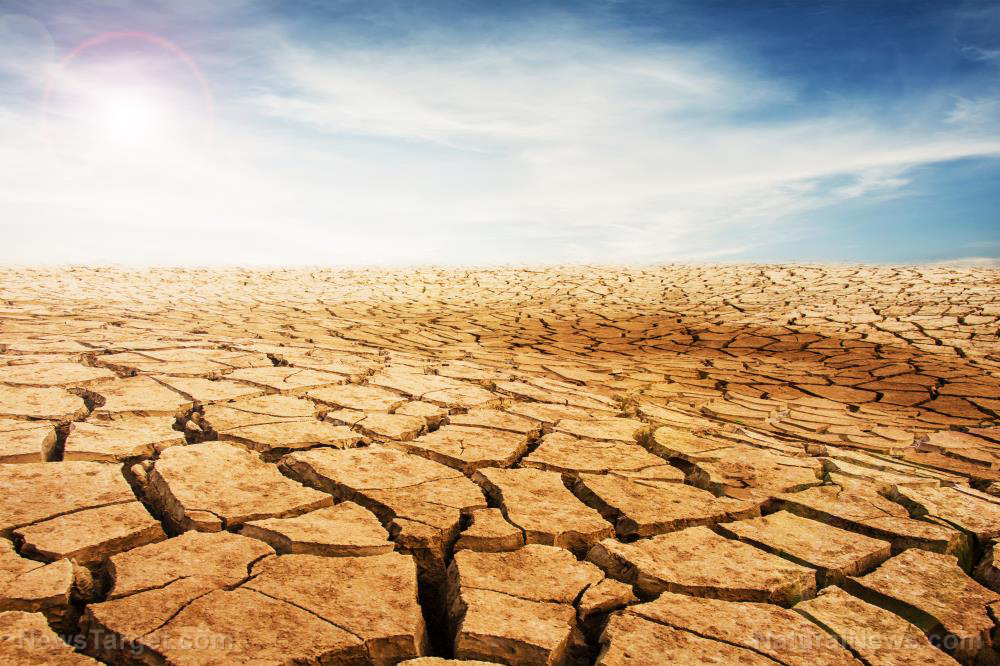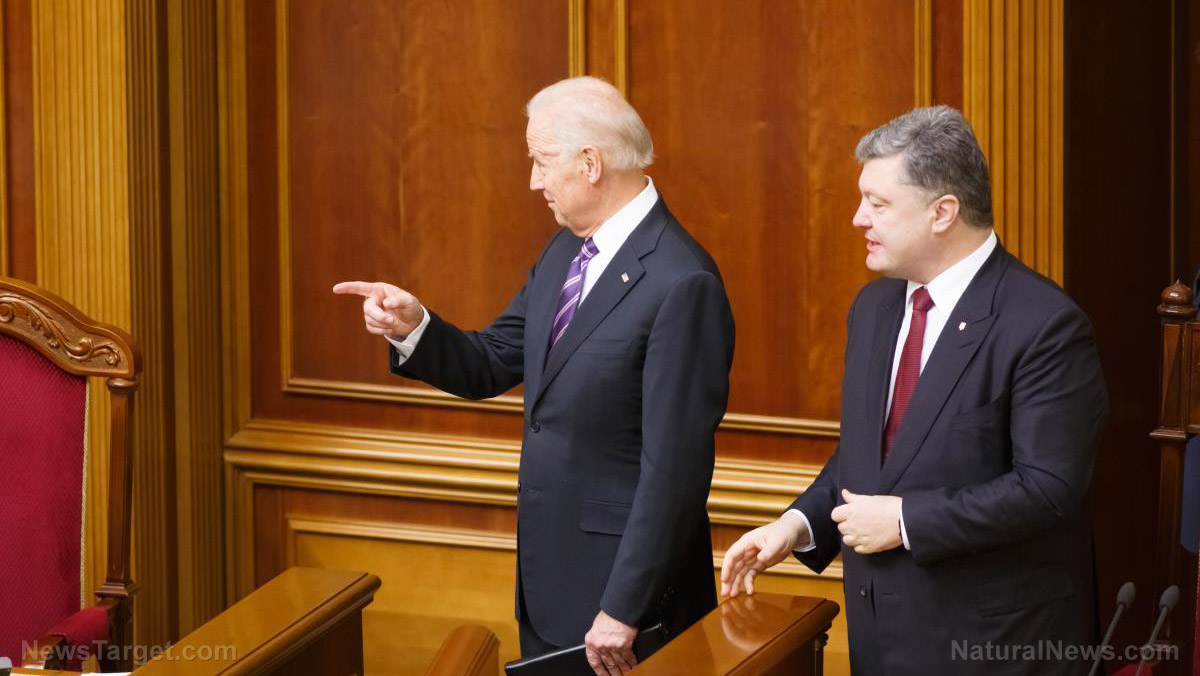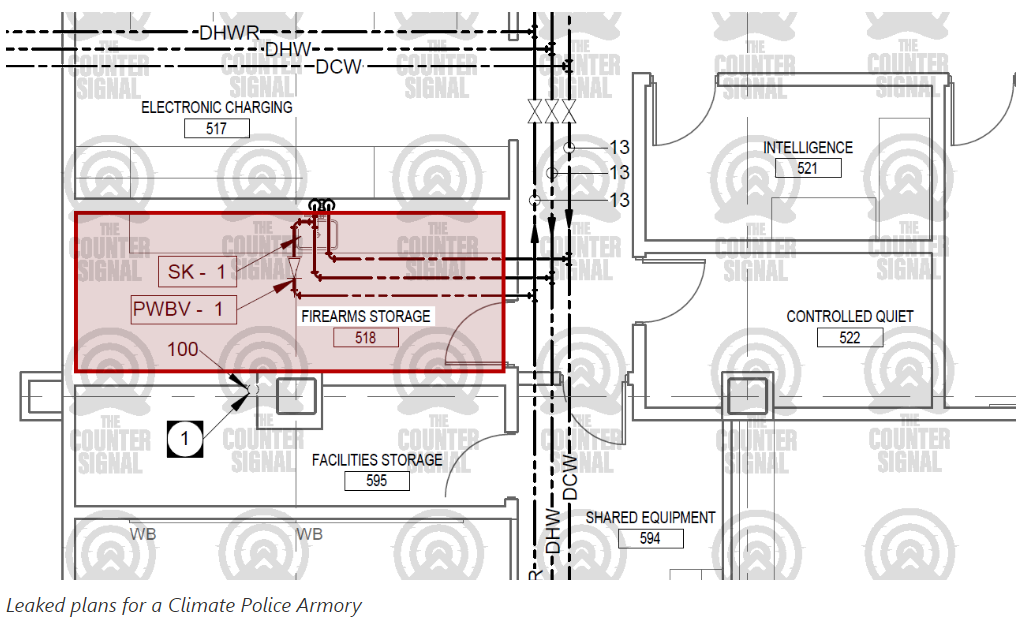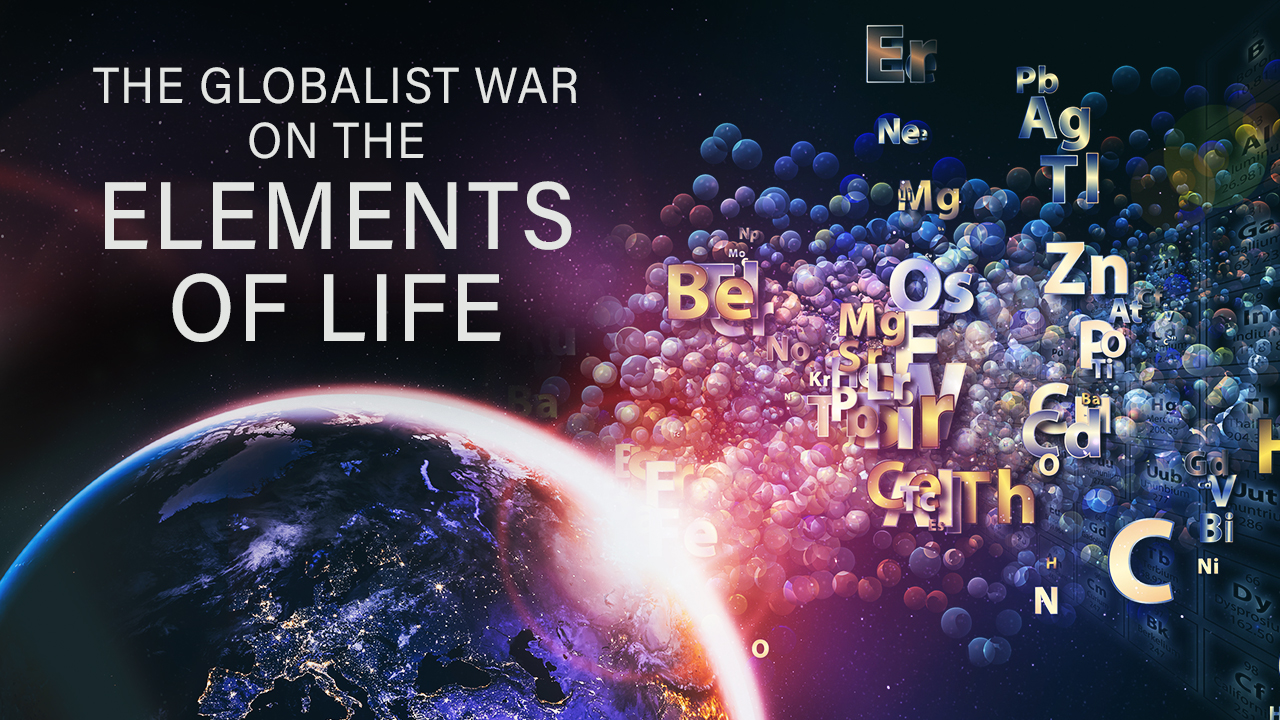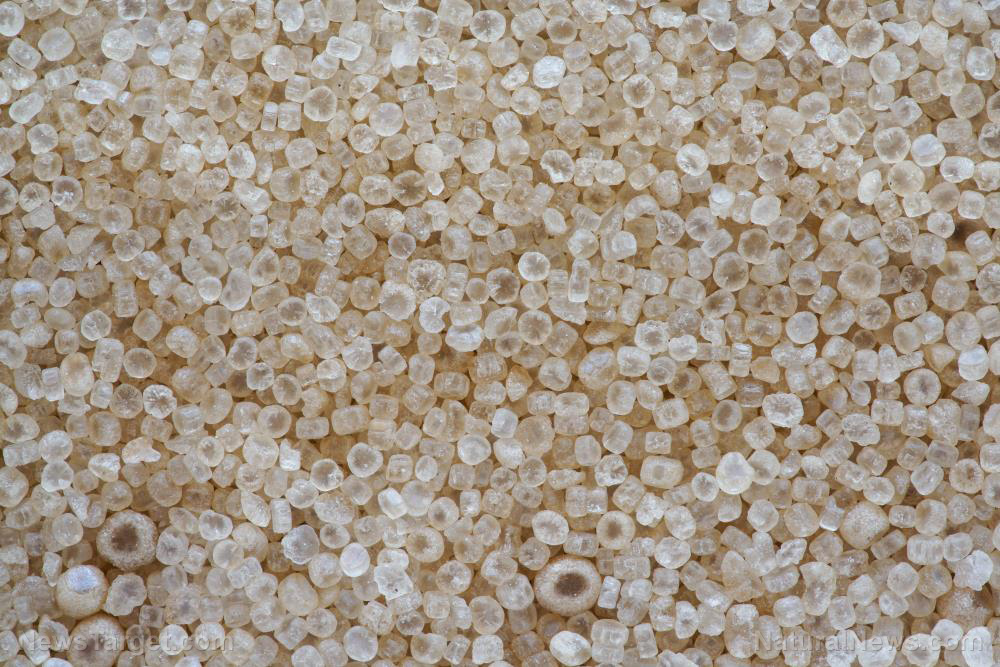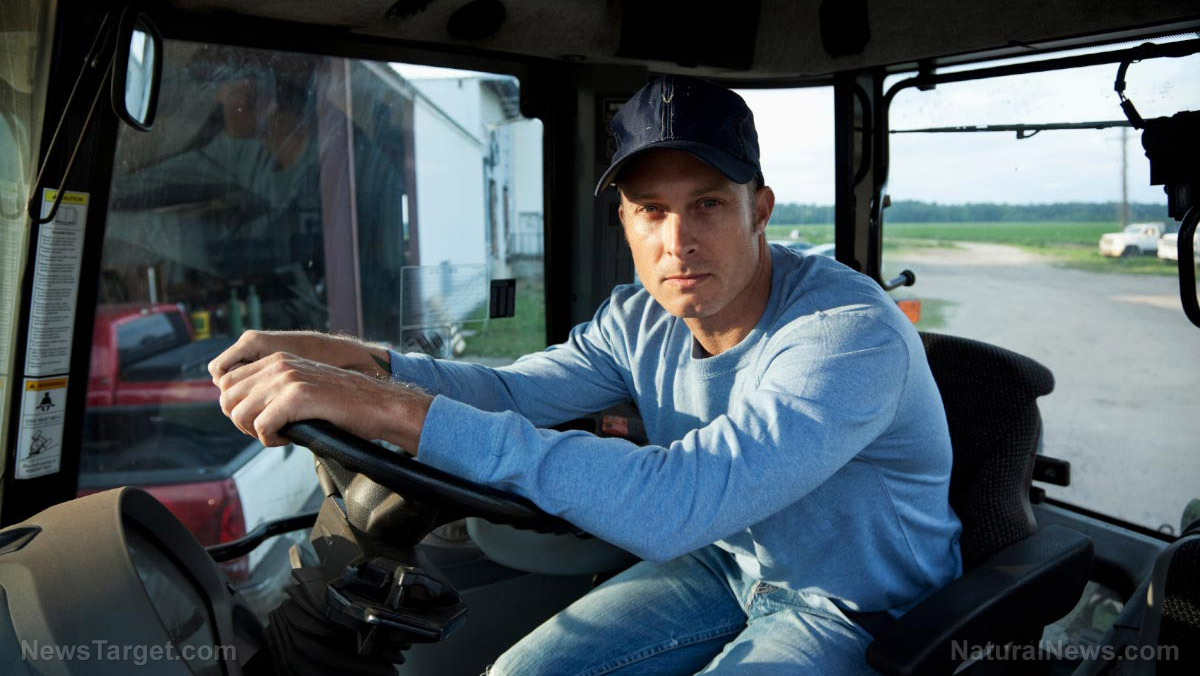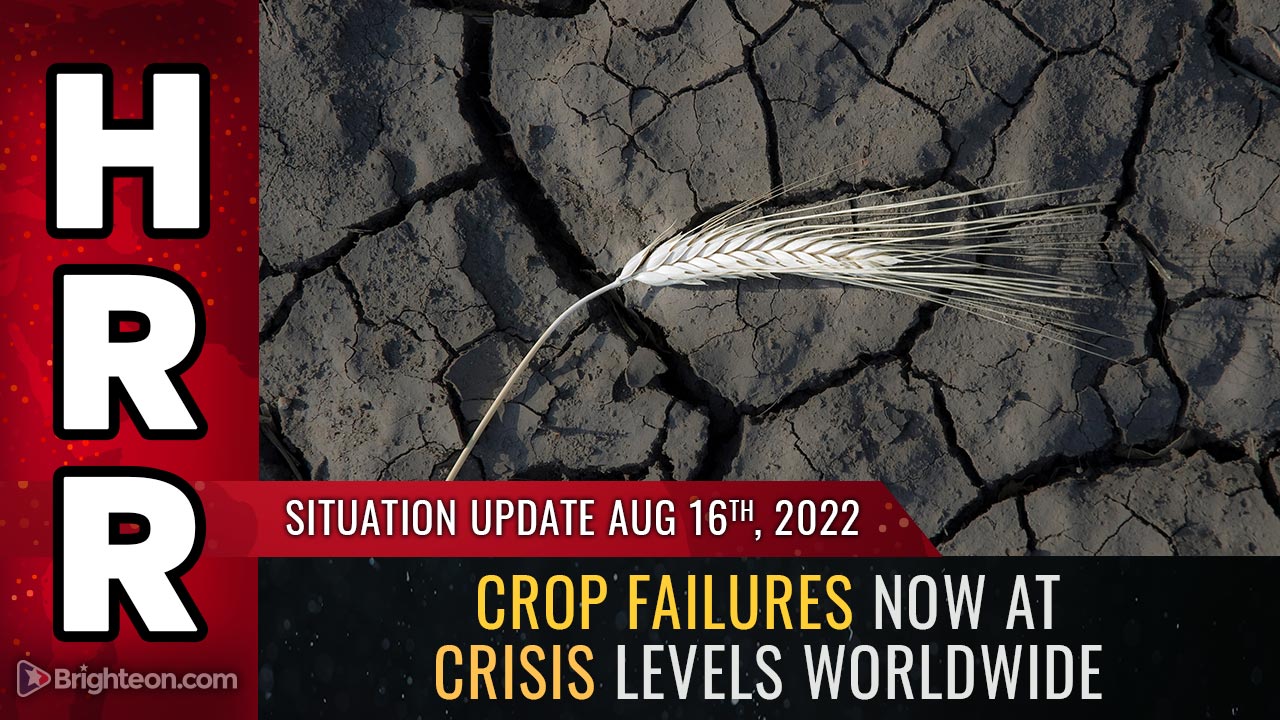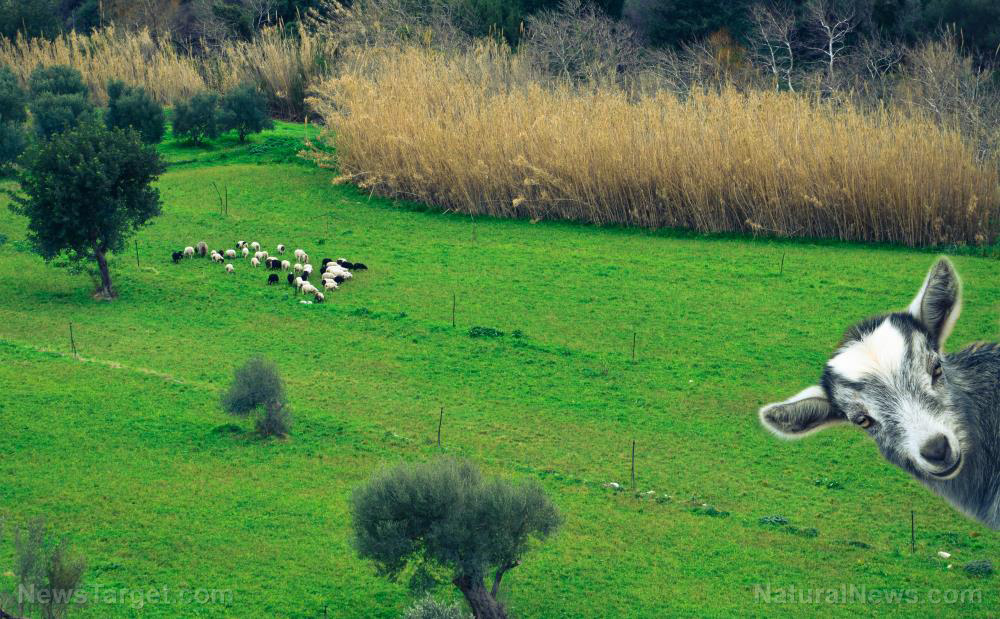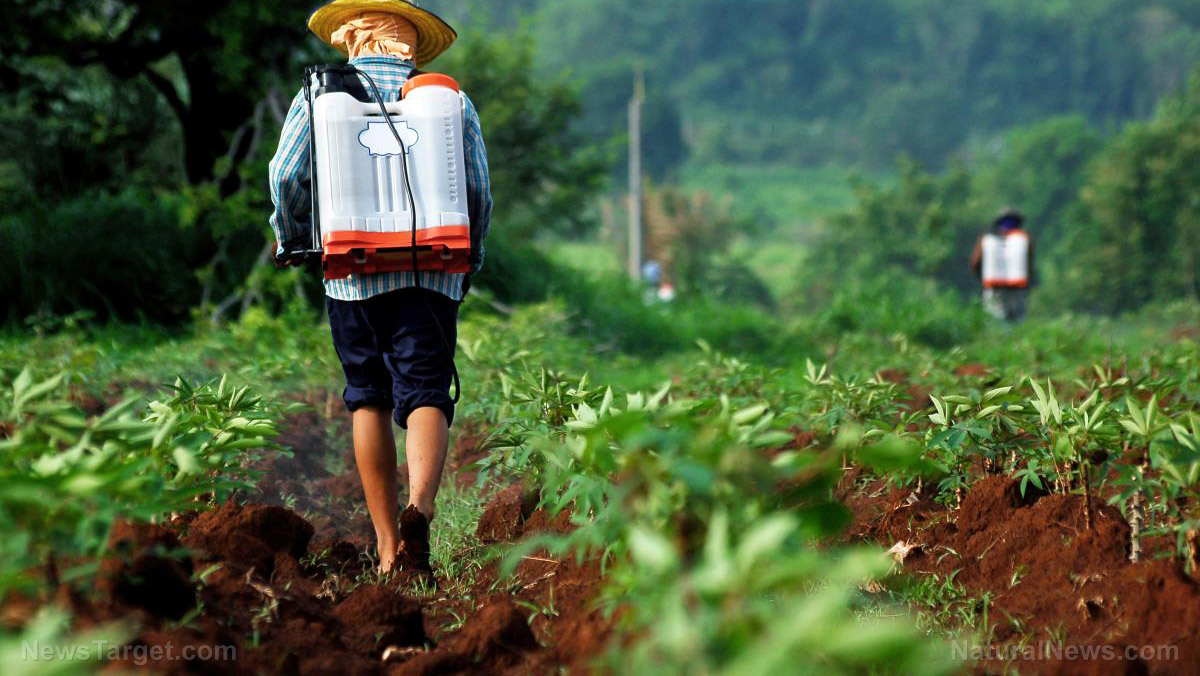American agriculture threatened by skyrocketing fertilizer prices stemming from fiat currency inflation
02/17/2022 / By Ethan Huff

Prices for all major nutrients required for crop production have skyrocketed by more than 100 percent over the past year and a half.
Between September 2020 and the end of 2021, diammonium phosphate (DAP) rose over 100 percent, monoammonium phosphate (MAP) increased 125 percent, potash rose 134 percent, liquid nitrogen increased 159 percent, and ammonia increased 210 percent, on average.
These are massive increases that seriously threaten the long-term viability of American farms, not to mention the increased food costs that are passed on to consumers.
“At a time when COVID-19 already decimated the lives and livelihoods of untold millions, soaring food costs are hitting the poor especially hard,” said HSBC Frederic Neumann, co-head of Asian economics research.
“This raises the risk that higher fertilizer costs will not only hit farmers but will also be passed on to consumers via higher food prices.”
Part of the blame has landed on increased prices for the natural gas needed to produce fertilizer, while another part is “severe storms” that have disrupted production. The true cause, however, is much more sinister.
The Federal Reserve’s monetary policies for fiat, which include endless money printing and the constant propping up of Wall Street with low interest rates, are the true driver of all this inflation, though few are willing to admit it.
“There is fertilizer in the United States,” admitted Kreg Ruhl, the senior market manager of Growmark, an Illinois-based agricultural supply cooperative, though he says “fluctuations in the world energy market” are to blame.
Inflation is not occurring because of “covid” – this is war
While some of these other factors do come into play, the root cause has to do with monetary policy, period. The poor and the middle class have been getting robbed for decades while the rich have only gotten richer, and now the situation is spiraling out of control.
The fiat Ponzi scheme is reaching its inevitable end as hyperinflation looms, and people are finally starting to notice that something is amiss. To continue blaming “covid” for every domino that falls is no longer going to cut it.
Ruhl seems to understand this as he admitted that soaring costs have nothing to do with global supply chain shortages. Something else is driving these price hikes, which the latest estimates have pegged at 12 percent for all commodities since 2020.
“Soaring costs of their most essential nutrient – nitrogen – could render many farmers in the red by the end of 2022,” writes Kay Smythe for The National Pulse.
Another problem is that China is the world’s largest exporter of urea nitrogen fertilizer and phosphates, which are essential compounds for successful commercial agriculture operations.
In 2021, China suspended fertilizer exports claiming “tight supplies.” Every 30-day cycle that has transpired since results in nations losing 380,000 tons of nitrogen for the 2022 growing season.
Many Chinese fertilizer companies have said that they will not lift their phosphate bans until at least June 2022, which is well into the American growing season. They claim that they need to guarantee their own domestic supply first.
The vice president of agronomy at Michigan Agricultural Commodities called this ban a “trade war,” meaning it has nothing at all to do with supply shortages, supply chain problems, or even fiat-driven inflation.
“The last time China hiked up prices of fertilizer supplies to the US was in 2008, coincidentally the last time they hosted the Olympics,” Smythe explains – and 2008, by the way, is also the last time there was a major market crash.
“Prices of essential nutrients increased between 32 and 100 percent, applying further pressure in the lead-up to the 2008 Global Financial Crisis.”
More related news about the current fiat system and its impending failure can be found at Collapse.news.
Sources for this article include:
Submit a correction >>
Tagged Under:
agriculture, big government, bubble, chaos, chemicals, collapse, crisis, famine, fertilizer, harvest, inflation, Money Printing, panic, price increase, products, shortages, supply chain
This article may contain statements that reflect the opinion of the author
RECENT NEWS & ARTICLES
FertilizerWatch.com is a fact-based public education website published by FertilizerWatch.com Features, LLC.
All content copyright © 2022 by FertilizerWatch.com Features, LLC.
Contact Us with Tips or Corrections
All trademarks, registered trademarks and servicemarks mentioned on this site are the property of their respective owners.





